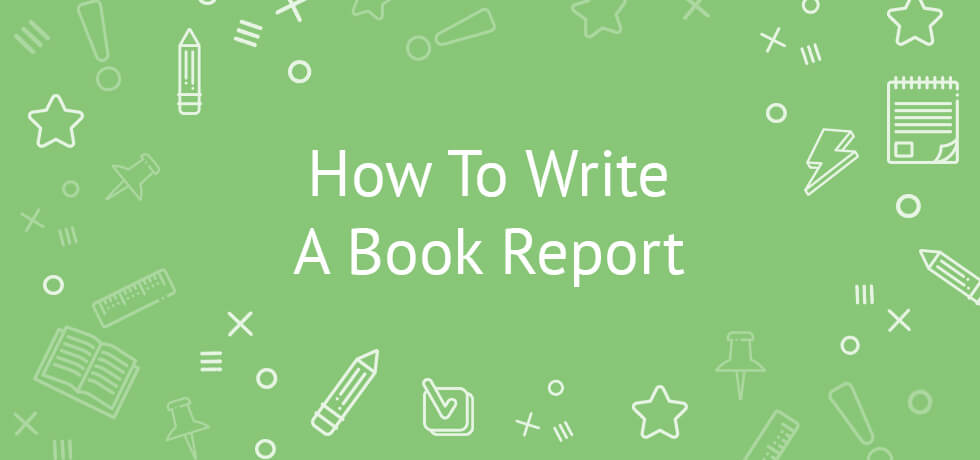

Book reports and reviews have plenty of things in common. Book reports usually take descriptive form and focus on the content of the book. Book reviews are more into expressing the reviewer’s own opinion about the book and often contain advice whether a reader should read it or not. So, these are just a little bit different angles of the same view. Despite their differences, both types of papers may contain summary and commentary. The main aim of both book reviews and book reports is to give the reader a certain attitude to the book under consideration.
If you are assigned to write a book report or a book review, there are different ways for you to express your own impressions about a book and to demonstrate your attitude to it. Remember that the more interesting your review or report is, the more your audience will be excited in finding this or that book. Perhaps, you may be the one who impacts your classmates as readers or even touch your teacher’s feeling about a particular book. There is no need to say that it is impossible to base a book review (or report) on other reviews (or reports). Always use the primary source. Using the secondary ones is optional, but advisable.
Usually, teachers have their own patterns as to how their students should write their works. No doubt that it is better to follow them, as it can make you more popular with your teachers. The basic rules, however, are quite general. Here are some useful tips that will help you, no matter what requirements your teachers have.
It is a part of an essay that is to give essential information about the book that you are going to review. It also should be a very informative and entertaining part. In case your reader won’t be attracted by your introduction, there is little chance that he will continue reading your paper further. The necessary things to include are:
This section usually consists of two parts. The first part concerns the book itself. The second one is more about your opinion about it and of the book. Don’t forget that there are certain differences between book reports for different genres.
As mentioned above, in the second part, you may analyze the reasons why the book had become successful (or whether it was successful during the author’s lifetime, which did not happen to a great share of classic literature). Thinking about what led the author to create this work is another great idea, alongside with who inspired the author.
Description of the idea and the plot is also an important part of every book review. It is a good choice to start with comparing the main idea with the similar ones in other pieces of literature. This part is important if you want to talk about the impact this particular work has left in the history of literature. Everything else depends on the genre of the book.
Analyzing a piece of fiction literature is a bit different from analyzing non-fiction books. Mind this before writing your paper. In this part, pay your attention to the setting of the book, the narrator, the protagonist and also specify the mood of the book. Write a suitable plot summary. Focus on the main events, and plot twists of the book, and literary devices that were used to convey them. Be careful and try not to spoil the story for those, who haven’t read it yet. This is considered to be one of the worst mistakes among book reviewers.
Write about the author’s topic, the main points of the book and the idea that it has. Why is this book important? Why not? This can make your reader easier to consider whether to read this or that book or not.
Don’t focus your attention on the things described or argued in every chapter. Especially, when the book is full of different points of view compared. Chose those which are essential or most significant for you personally. This is your review, and it can be based on events that matter to you personally.
This part is dedicated to criticism of the book. Don’t be afraid to write about things you didn’t understand in the book or things that seemed to be uninteresting to you. Also, feel free to write about your own attitude towards the book. Don’t forget to provide it with good examples to make your criticism more objective. Think about such aspects:
Look thoroughly through the text. Is your review well thought? It is possible for you to restate your own opinion of the book, or you may warn your readers what is waiting for them under the cover. Don’t be shy and express your thoughts. Mind that different groups of readers may take the same book differently. Always leave your reader something to think about, even if they decide not to read the book itself.